Publications
Articles, publications, books, tools and multimedia features from the U.S. Institute of Peace provide the latest news, analysis, research findings, practitioner guides and reports, all related to the conflict zones and issues that are at the center of the Institute’s work to prevent and reduce violent conflict.

In South Sudan, the Trust Deficit Could Doom a new Peace Deal
On September 12, after nearly nine months of talks, the warring parties in South Sudan signed a “revitalized” peace agreement, superseding a 2015 accord and bringing an end to the High Level Revitalization Forum. But fighting has continued in the days since the deal was signed, and many remain skeptical that this agreement will succeed. USIP’s Aly Verjee discusses the deal.
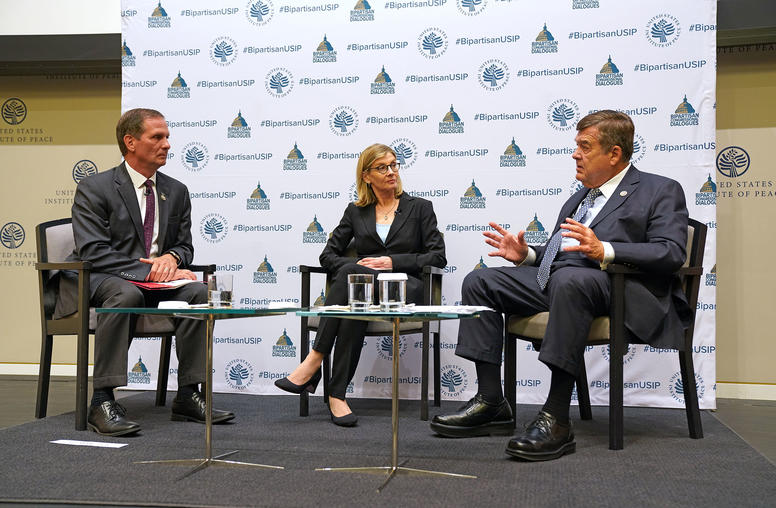
America’s Vital Needs on China Policy: Realism and Strategy
As U.S. national security debates focus heavily on the growing power and ambitions of China, two prominent members of Congress discussed how bipartisan policymaking can better protect America’s interests. Representatives Chris Stewart (R-UT) and Dutch Ruppersberger (D-MD) emphasized a need for strong engagement in Washington between the political parties, and for focused U.S. attention on China’s military buildup, intellectual property theft and cyber activities. Both congressmen are members of the House of Representatives subcommittee that oversees the U.S. foreign affairs budget, and both have played leading roles on national security and intelligence issues.
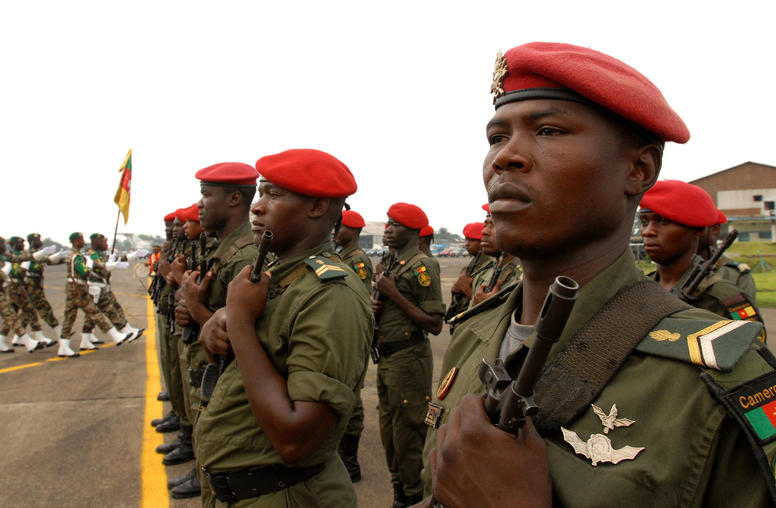
Cameroon’s Anglophone Uprising: A Crisis Overlooked
The African nation of Cameroon has lived for years between the fires of civil warfare—in Nigeria to the west and the Central African Republic to the east. But the authoritarian regime of President Paul Biya for years has suppressed peaceful and moderate dissidence, violating citizens’ human rights with impunity, helping ignite an armed conflict with members of Cameroon’s anglophone minority.
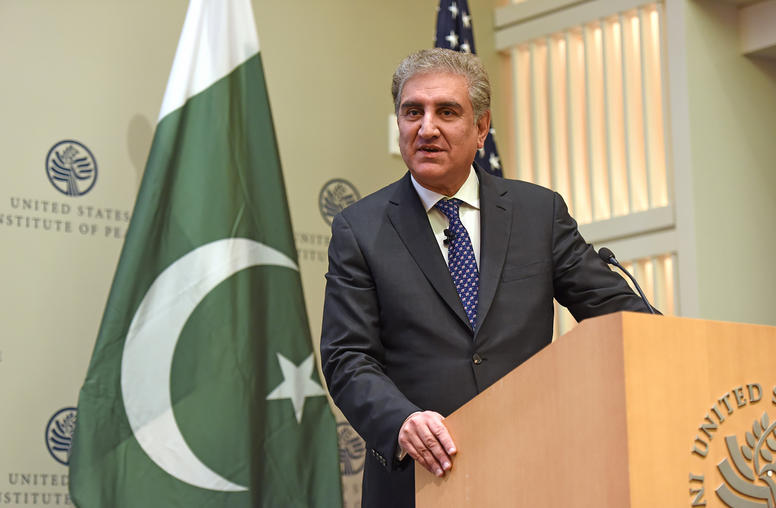
Pakistan Pursues a ‘Reset’ in U.S. Relations
Even with U.S.-Pakistani relations badly frayed over the war in Afghanistan, Pakistan’s new government wants to seize an opportunity for a political solution of that war, Pakistani Foreign Minister Shah Mehmood Qureshi said October 3. A “new convergence” of thinking among the Pakistani, Afghan and U.S. governments is creating much of that opportunity, Qureshi said at USIP in his first visit to the United States under the two-month-old government of Prime Minister Imran Khan.

Central America: To Slow Refugees’ Flight, Reduce the Violence
The flow of asylum seekers from Central America’s Northern Triangle to the U.S. border stems from intense violence fueled by corruption, drug trafficking, gang culture and poverty, specialists on the struggling region said.
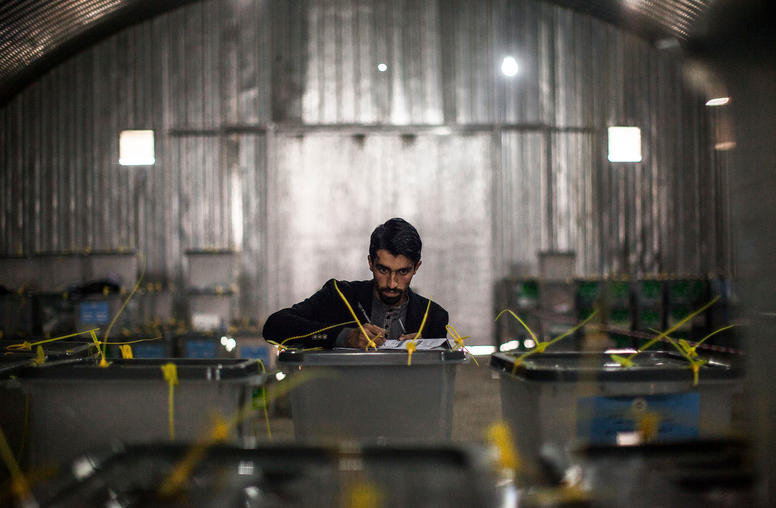
Afghanistan’s Parliamentary Vote: A Canary in the Presidential Poll Mine
There is a palpable sense of anticipation in Kabul days before parliamentary elections will be held. Blast walls, billboards and powerline poles are plastered with the campaign posters of the hopeful candidates. With 800 candidates competing for 33 seats in Kabul, winning a seat in the province will be challenge. The possibility of successful electoral process nationally is equally daunting, however, as poor security, delayed preparations and the last-minute introduction of electronic voter verification machines (in a country with spotty electricity) make pulling off a credible vote a real gamble.
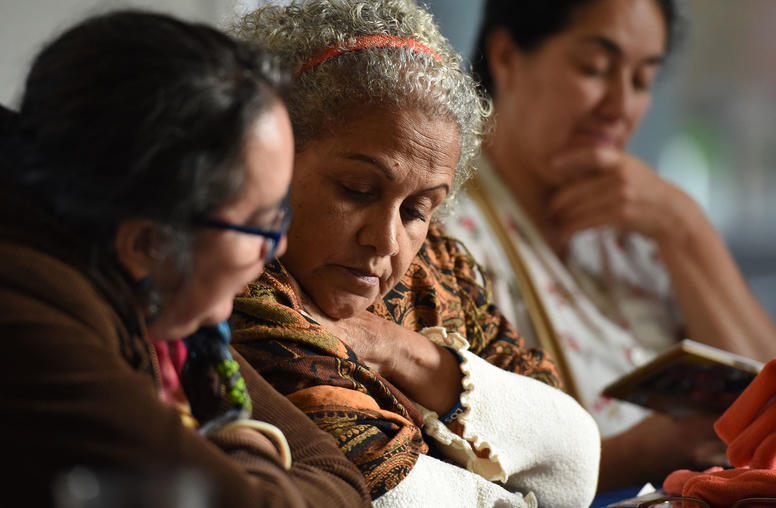
If we want to build peace, we can’t keep women out.
When nations affected by violent conflict try to make peace, the evidence is clear on what works. For a durable peace agreement, women must be included throughout the process. While the U.N. Security Council unanimously endorsed that goal in 2000, women still are excluded from peace processes. Among 504 peace accords signed by 2015, only 27 percent even mentioned women. A U.N. study of 14 peace processes from 2000 to 2010 found that women comprised only 8 percent of negotiators and 3 percent of signatories.
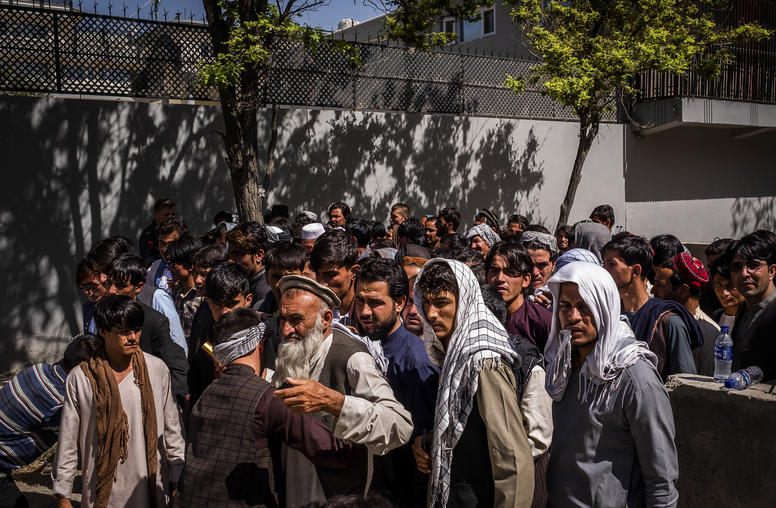
Amid Intense Violence, Afghans Show Support for Democracy
USIP’s Scott Worden examines Afghanistan's October parliamentary elections, including the impact of violence, the elections’ credibility and what implications the polls will have for the peace process and the critical 2019 presidential election.
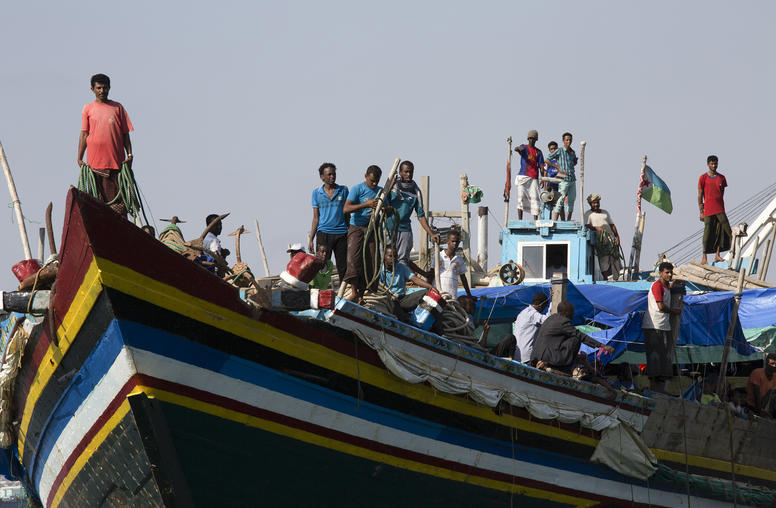
Why the U.S. Needs a Special Envoy for the Red Sea
The Trump administration has appointed four special envoys to coordinate U.S. policy toward key hot spots: Iran, North Korea, Syria, and Afghanistan. Yet in the Red Sea—one of the most volatile and lethal regions of the world afflicted by several interconnected conflicts and rivalries that pose significant challenges to American interests—U.S. policy has been rudderless in large part due to the absence of a similar post.
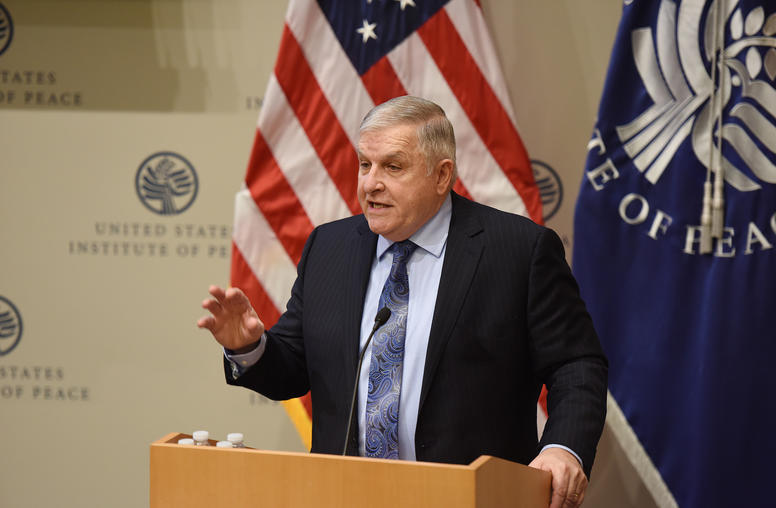
To Better Halt Wars, Does America Need a ‘Crisis Command’?
A string of violent crises since the 1990s—from Somalia to Iraq to others—has underscored America’s need to coordinate better among military forces, relief and development organizations, diplomats and other responders, retired Marine Corps General Anthony Zinni said this week. The United States should consider creating a standing “interagency command” for such crises, Zinni told listeners at USIP.